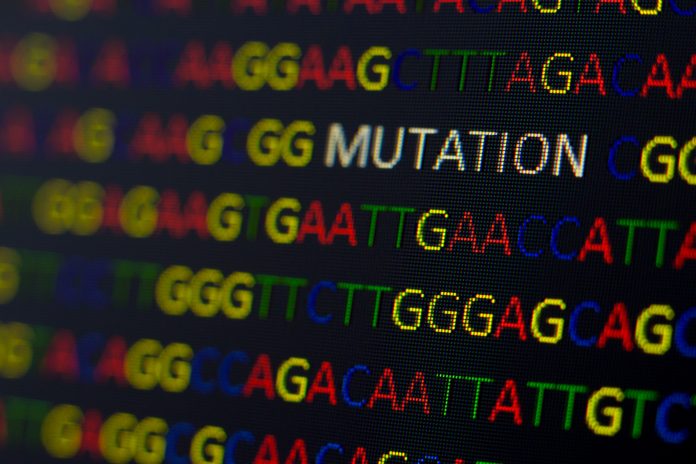
The U.K. Health and Social Care Secretary, Steve Barclay, has announced a $215M plus investment in genomic research to improve diagnosis and treatment. The funding is part of a new three-year plan to “develop, evaluate, and roll out new technologies across the health and care system and life sciences sector, bolstering the U.K.’s position as a life sciences superpower,” according to a press release.
“The potential for genomics to revolutionize the way we deliver health care is great—if we can detect treatable illnesses earlier and ensure patients access potentially lifesaving treatment faster, we could improve people’s lives across the county, including thousands of babies through this new pilot,” said Barclay.
Will Quince, Minister for Health said, “Genomics is changing the future of healthcare and this plan is a crucial next step in delivering our vision to create the most advanced genomic healthcare system in the world.
The plan contains four main projects.
The biggest investment is approximately $130M to kickstart a research study, led by Genomics England with the National Health Service (NHS), to explore the effectiveness of using whole genome sequencing to find and treat rare genetic diseases in newborn babies. Genomics England is a government company. It’s first project was the country’s 100,000 Genomes Project. This latest study will sequence the genomes of 100,000 babies starting in 2023. It will gather evidence to consider whether this type of service could be rolled out across the country.
An additional $32M will support an innovative cancer program, also led by Genomics England in partnership with the NHS. It will evaluate the use of genomic sequencing technology to improve the accuracy and speed of cancer diagnosis. This program will include use of artificial intelligence to analyze sequencing data alongside other information, such as routine scans.
About $27M is for another program led by Genomics England to sequence the genomes of up to 25,000 research subjects of non-European ancestry. Such subjects are currently underrepresented in genomic research. The aim of this project is to reduce health inequalities and improve outcomes across all communities.
Lastly, the government committed almost $31M million of UKRI-MRC funding for a U.K. wide new initiative on functional genomics, which will use molecular tools such as gene editing to “improve understanding of how genetic variation leads to disease and support smarter diagnostics and the discovery of new treatments,” according to the release.
Pioneering newborn sequencing
Newborn screening for potentially harmful diseases started about 60 years ago, when Robert Guthrie is widely credited with introducing the first so-called “heel prick” test for newborn babies to test for phenylketonuria (PKU).
With advances in sequencing, there has been an uptick in research on applying this technology to both diagnose unknown conditions and to screen healthy babies. The Guardian Study, led by Columbia University geneticist Wendy Chung, will sequence DNA from 100,000 newborns for about 158 treatable diseases. But parents can add 100 more neurological disorders that, although they cannot be cured, may be treatable.
Rady Children’s Institute for Genomic Medicine in California, led by its president and CEO Stephen Kingsmore, is another leader in this field. Earlier this year, Kingsmore told Inside Precision Medicine, “Thirty-one published studies have shown that genome sequencing of newborns with severe illnesses leads to diagnosis of underpinning genetic diseases in 36%, changes in how those babies are treated in 27%, and changes in outcomes in 18%,” Kingsmore told Inside Precision Medicine.
The U.K.’s Newborn Genomes Programme will invite expecting parents in England who are receiving care through the National Health Service (NHS) to enroll starting in late 2023. The program will only return results for 200 treatable diseases caused by well-studied genetic variants that are usually manifest before age five.
The project expects to find about 500 newborns with one of the genetic diseases. If such testing were applied across the United Kingdom, it would find some 3000 babies per year with these diseases, the project’s leaders estimate.












